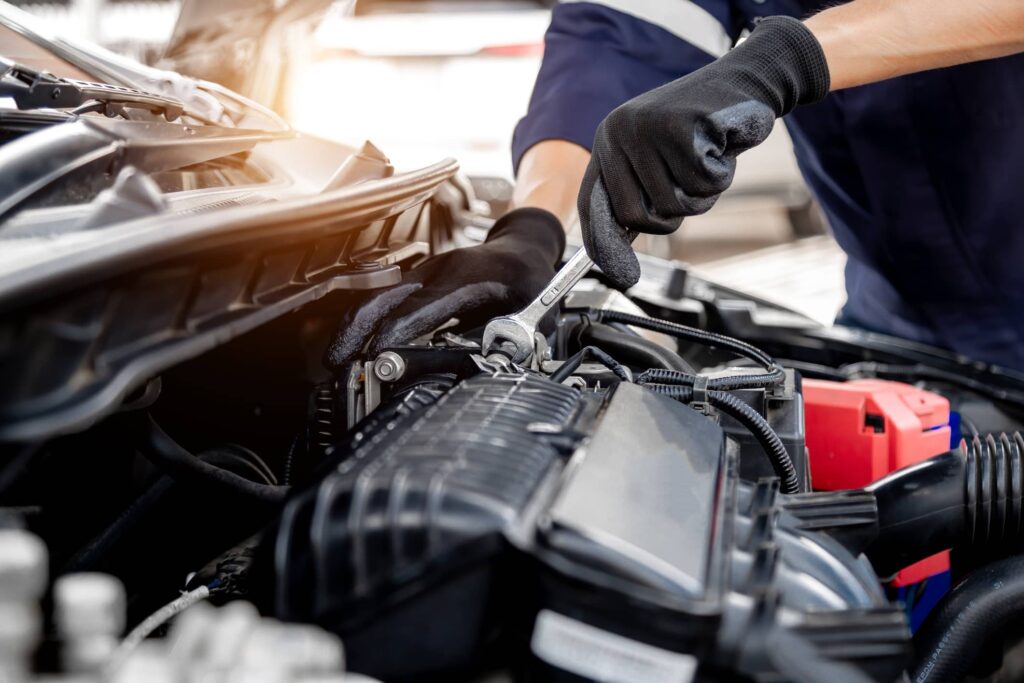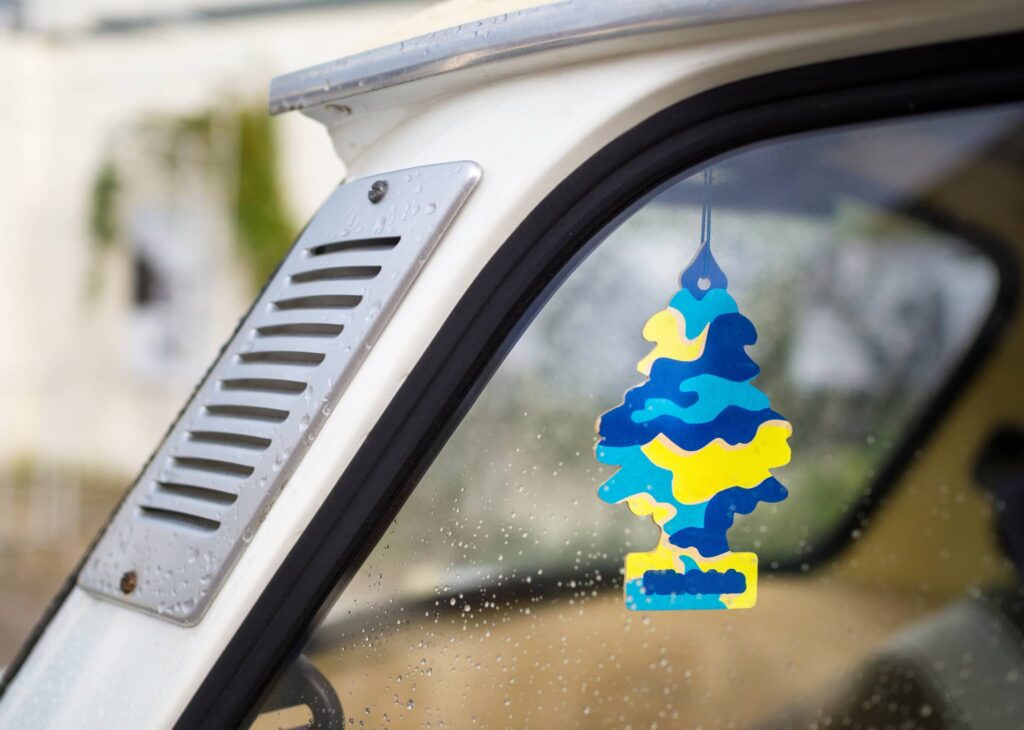Spark plugs are essential components in internal combustion engines, serving the crucial function of igniting the air-fuel mixture in the engine’s cylinders. Here’s why they are necessary:
- Ignition: Spark plugs produce the spark necessary to ignite the air-fuel mixture within the engine cylinder. This ignition starts the combustion process that generates the power needed to propel the vehicle.
- Efficient Combustion: Properly functioning spark plugs ensure efficient combustion of the air-fuel mixture. This efficiency translates to better fuel economy, smoother engine operation, and optimal performance.
- Engine Performance: Spark plugs play a significant role in maintaining engine performance. Worn or faulty spark plugs can cause misfires, rough idling, reduced power, and poor acceleration.
- Emissions Control: Efficient combustion, facilitated by properly functioning spark plugs, helps minimize harmful emissions produced by the engine. This is crucial for compliance with environmental regulations and reducing the vehicle’s carbon footprint.
- Engine Longevity: Regular maintenance of spark plugs contributes to the longevity of the engine. By ensuring that the combustion process is smooth and efficient, spark plugs help prevent damage to engine components caused by incomplete combustion or misfires.
In summary, spark plugs are essential for the proper functioning, performance, and longevity of internal combustion engines. Regular inspection and replacement of spark plugs as needed are vital aspects of vehicle maintenance to ensure optimal engine performance and efficiency.
Always check your owner’s manual or ask your favorite auto shop to see when they need to be replaced. Turbo charged engines might need a 30,000-mile change, while some are 60, 90 or even over 100,000 miles. At any rate, don’t forget your spark plugs.









